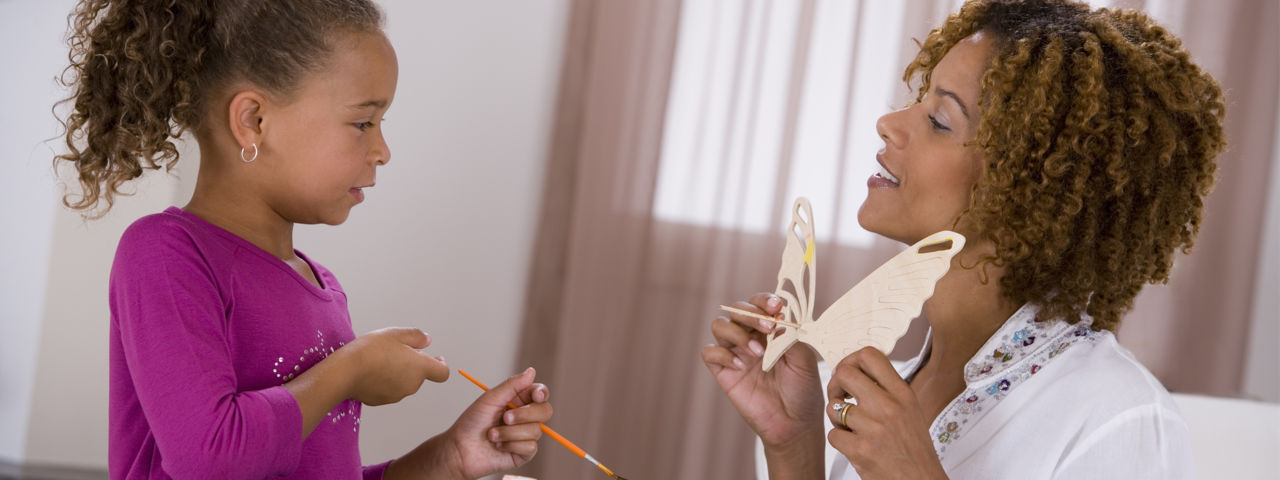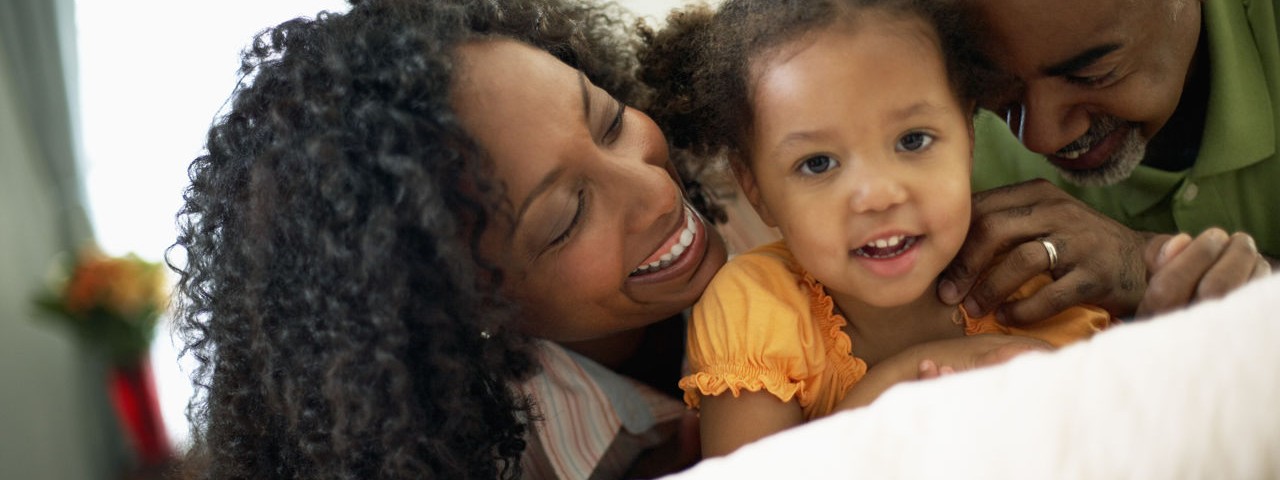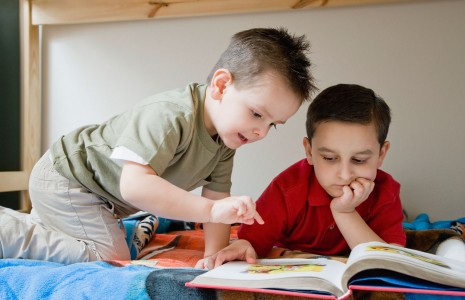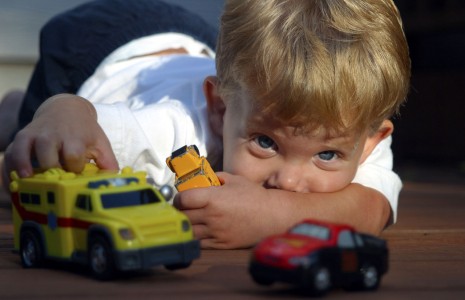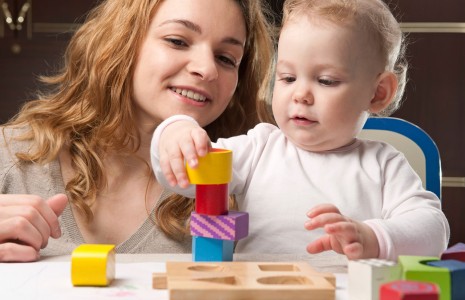Warm weather brings with it more opportunities for children to get outside and play. This is wonderful, because it is through play that children learn about the world and themselves. Child-led free play allows kids to flex their imaginations, try out different roles in the world, and explore what interests them. Here are 5 suggestions for your next trip to the library or bookstore. Chances are, these books will make children hop to their feet and get moving. (In fact, they're perfect for children who have a hard time sitting through a story!)
One of the best things about kids is their sense of fun and adventure. Whether it’s playing pretend, drawing, or freeze tag, they are enthusiastic participants. And while all this playing may seem like just fun and games, research shows it is actually at the core of child development.
According to recent surveys, American preschoolers spend an average of four hours each day watching TV. It represents a dramatic shift from the childhood of our ancestors. What are the consequences? An electronic childhood might contribute to sleep problems and cheat kids of important developmental experiences. That’s why pediatricians urge us to replace screen time with real-world social experiences and lots of “unplugged” play. But how do we make it work? Here are some evidence-based tips.
During a lunchtime conversation between three mothers, one mother mentioned that she needed to find an activity for her child for the only weekday afternoon when he was not already scheduled for sports, music, and afterschool activities. The Urban Child Institute staffer who happened to overhear this exchange could not help but notice the irony that within walking distance of the restaurant, children are growing up without opportunities for enriching activities because of the poverty of their families.
Kids need to hear a language in order to learn it. Everybody knows that. But if it were just a case of listening to the spoken word, your baby might learn just as easily from eavesdropping or watching television. Babies pay attention to our emotional signals and tone of voice. Two-way communication matters. But what does a good baby conversation look like? Here are some evidence-based tips.
Early childhood language and literacy development should be viewed as a critical issue not just by children’s families and teachers, but by business leaders, civic activists, nonprofit workers, child-care professionals—in other words, everyone who cares about the future of our children and our community.
